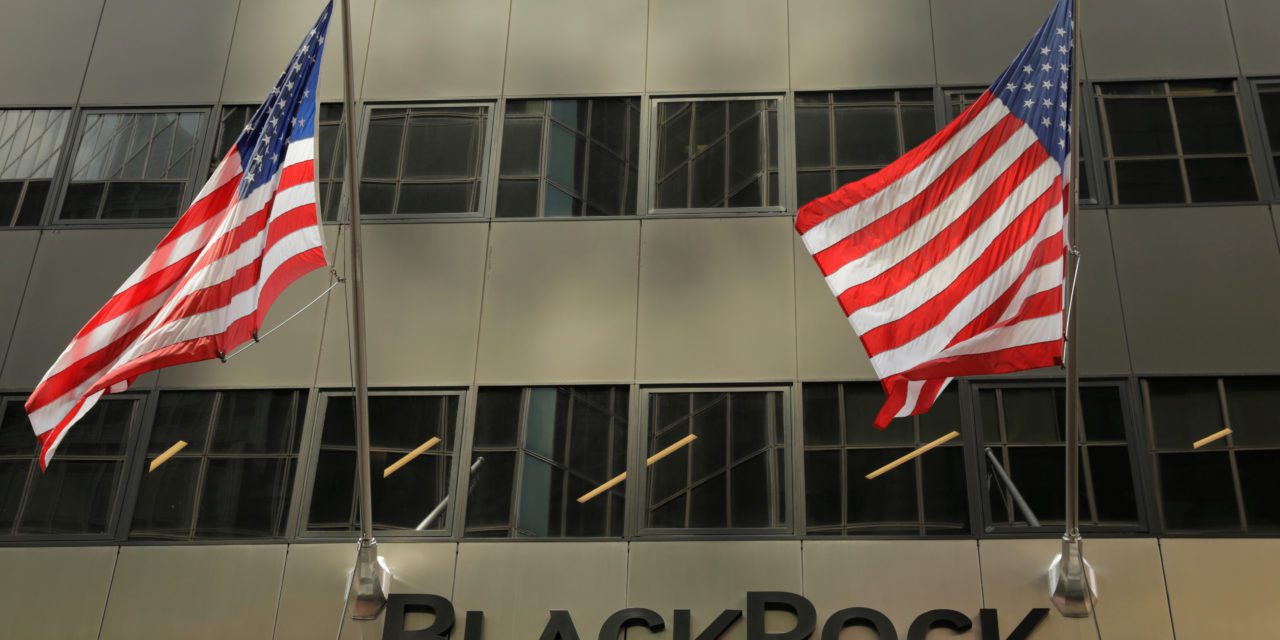As Blackrock, the world’s largest owner of equities, cut US stocks to ‘Neutral’ this past week, it highlights how activity in the physical economy is beginning to encroach on the financial world. Blackrock cited the possibility of a premature retraction of monetary support as their main concern for the American economy but they are also worried about an extended pandemic and deteriorating US-China relations. The 4.8m jobs added on Thursday suggest that monetary support is now harder to justify, whereas at the same time the pandemic is accelerating in the US and US-Sino relations are not helped by Donald Trump blaming the Chinese for the spread of the virus. All of these factors seem like genuine concerns.
The withdrawal of financial support will be particularly difficult because government handouts appear to have been extremely generous. The combination of cash aid and forbearance on loans provided $3 in support for every $1 in lost income in April according to Oxford Economics, and about two-thirds of people eligible for unemployment benefits can collect more in benefits than they earned while working, according to researchers from the University of Chicago. This generosity means that the recession feels like a paid holiday for many. However, the US habit of living ‘paycheck to paycheck’ means that if the free money tap is turned off, many people are going to be facing a sharp drop in income. If this happens while there is still high unemployment and a jobs market that is rebounding only gradually, households might soon start to fret about their future, with negative implications for consumer spending and investment spending by businesses.
Perhaps most dangerous is the dismissive attitude of the President about the threat the virus presents, as well as that of many of his supporters, which is starting to have grave consequences. With daily infection rates making new record highs and hospitals in some states like Texas and Arizona saying that ICUs (intensive care units) are close to full capacity, it is beginning to look like the virus in the US is yet to reach its peak. The head of the WHO said this week that if infection rates are not brought under control, “the worst is yet to come”. The record numbers seen this week suggest infection rates are not nearly under control.
Efforts are being made to halt the spread of infection, even if the White House appears to be against them. We learned this week that lockdown easing has been reversed or postponed for 40% of the US population. But this is a stunning figure that has been totally ignored by the stock market which is virtually back to pre-virus levels. In a country that is supposed to be reopening, it highlights how far away from normality society still is and how the US economy is not returning to full speed just yet.
It also raises another sobering point: you can’t simply fight a virus with money. Despite the trillions spent so far, the crisis caused by COVID 19 is far from over and the massive stock market rally in the second quarter, the biggest for 22 years, looks incredibly out of synch with a country that is failing to deal with the worst ever peacetime threat to its way of life. There might have been a v-shaped recovery for the financial community but there isn’t in the America that most ordinary people live in.
FILE PHOTO: A sign for BlackRock Inc hangs above their building in New York U.S., July 16, 2018/File Photo Reuters


